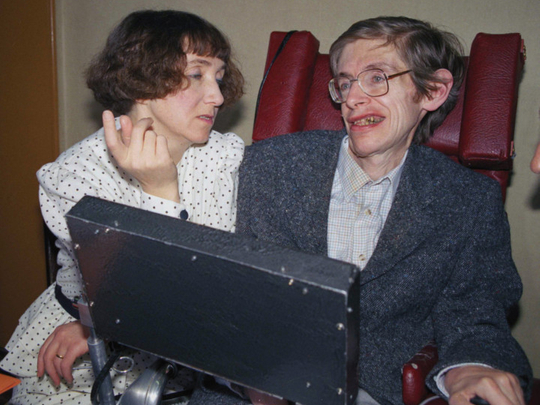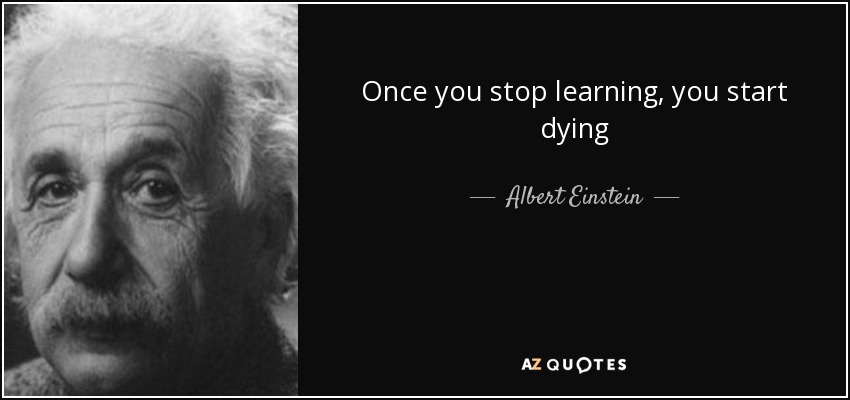Stephen Hawking Einstein Newton Poker
| Our modern day Einstein? It's all 'media hype', says Stephen Hawking. |
Stephen Hawking was one of three great minds of Earth science —along with Albert Einstein and Sir Isaac Newton—that Data used to create holographic recreations with whiich to play poker and converse, for recreation. Hawking, considered one of the most brilliant theoretical physicists of 20th-century Earth, developed a quantum theory of.
He is a rare celebrity scientist. He's even had a TV cameo role in Star Trek in which he plays poker with scientific icons Sir Isaac Newton and Albert Einstein. Yet when asked about comparisons between himself and the two scientists, he calls it all 'media hype.' Once asked how he felt about being labeled the world's smartest person, he responded: 'It is very embarrassing. It is rubbish, just media hype. They just want a hero, and I fill the role model of a disabled genius. At least I am disabled, but I am no genius.'
Stephen Hawking Playing Poker On Star Trek n nIn honor of the late, great Stephen Hawking, here's a clip of his cameo from theStar Trek: The Next Generationseason six episode 'Descent, Part 1', playing poker with Data and Isaac Newton and Albert Einstein(it's actually Data playing with holodeck simulations of the three). It's all 'media hype', says Stephen Hawking. He is a rare celebrity scientist. He's even had a TV cameo role in Star Trek in which he plays poker with scientific icons Sir Isaac Newton and Albert Einstein. Yet when asked about comparisons between himself and the two scientists, he calls it all 'media hype.'

| Part of Hawking's celebrity stems from his accomplishments in the face of physical adversity. |
Hawking has ALS (amyotrophic lateral sclerosis) or Lou Gehrig's disease, a neuromuscular disease that progressively weakens muscle control. As a 21-year-old graduate student in cosmology at Cambridge University, doctors predicted an early death for him.
Today, he's 56 and married with three children. He gets around in a wheelchair, and after completely losing the use of his vocal chords in an operation to assist his breathing in 1985, he communicates through a computer. A speech synthesizer 'speaks' for him after he punches in what he wants to say, selecting words in the computer software by pressing a switch with his hand. Unfortunately, it makes him sound like he has an American accent, he says.

| To communicate, Hawking selects words from a software program on his computer by toggling a switch with his hand. A speech synthesizer reads his words out loud. |
Despite his humorous, self-effacing manner, Hawking is one of the world's leading theoretical physicists. Many consider him to be the most brilliant since Einstein. Since 1979, he's held the post of Lucasian professor of mathematics at Cambridge University – which was once held by Isaac Newton no less – and has twelve honourary degrees.
He's also a best-selling author. His book, A Brief History of Time, has been translated into 33 languages and has sold nine million copies.
| A Brief History of Time has been translated into 33 languages and has sold nine million copies. |
For much of his academic life, Hawking has been among a group of theoretical physicists searching for a 'theory of everything' – one unified scientific theory that explains the big cosmological questions like How did the universe begin? Why is the universe the way it is? and How will it end?
You're probably familiar with the generally accepted scientific answer to the first question. The Big Bang theory says that the universe began 12 to 15 billion years ago. Infinitely dense matter – what's called the initial singularity – began to expand in all directions in the form of a hot gas as it created space. As the gas expanded, it cooled and allowed the matter to condense into structures like stars and galaxies and formed the world as we know it today.

| The Big Bang theory has its limitations. Scientists are searching for a 'theory of everything' -- a quantum gravity theory that would unify the general theory of relativity and quantum mechanics theory. |
Observations support the theory. For example, we know from observation that the further a galaxy is from us, the faster it is flying away. But, there is a big problem. Scientists don't know what caused that 'initial singularity' to expand into the universe in the first place.
Stephen Hawking Albert Einstein Isaac Newton Poker
At the time of the Big Bang, when all the matter in the universe was compressed into a state of infinite density, 'all the equations we use to describe the universe break down irretrievably,' writes Hawking's colleague Neil Turok, chair of mathematical physics at Cambridge University. That means that our standard physics theories, like Einstein's general theory of relativity, can't deal with the start of the universe.
So, scientists use two partial theories to describe the start of the universe. Einstein's general theory of relativity describes the force of gravity and the large-scale structure of the universe (a few miles to a million million million million miles – that's 1 followed by 24 zeros, the size of the observable universe) after the universe started expanding. As for that initial singularity, scientists think the answer lies in quantum mechanics theory which 'deals with phenomena on extremely small scales such as a millionth of a millionth of an inch,' writes Hawking in A Brief History of Time.
However, the theories are inconsistent with each other. So Hawking – among a group of theoretical physicists -- has been on a quest to come up with a theory of quantum gravity that would incorporate both theories – the theory of everything (TOE) – which would solve the problem of what caused the universe to start expanding.
Stephen Hawking Einstein Newton Pokerstars
How successful have the world's leading cosmologists been? Hawking predicts we'll have the TOE in the next 20 years. We'll see how far he's come at his upcoming lecture at the University of Toronto tonight.